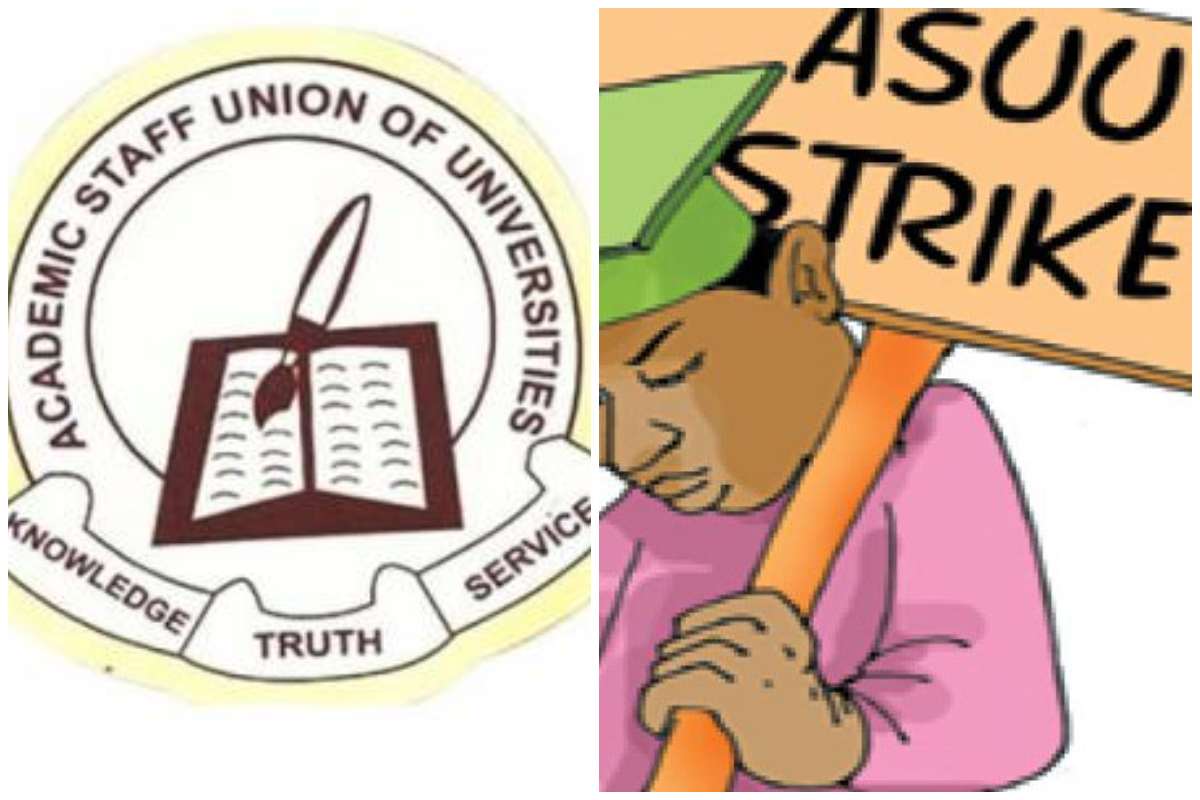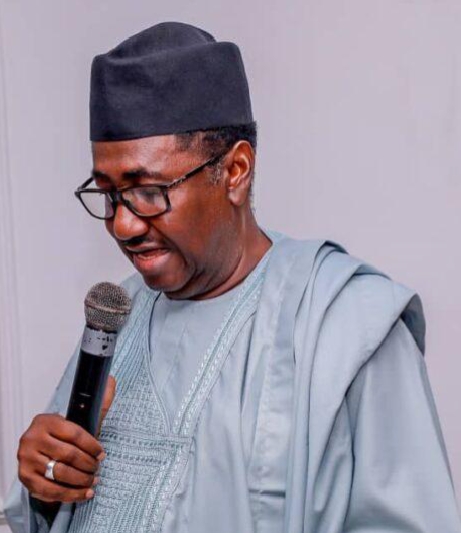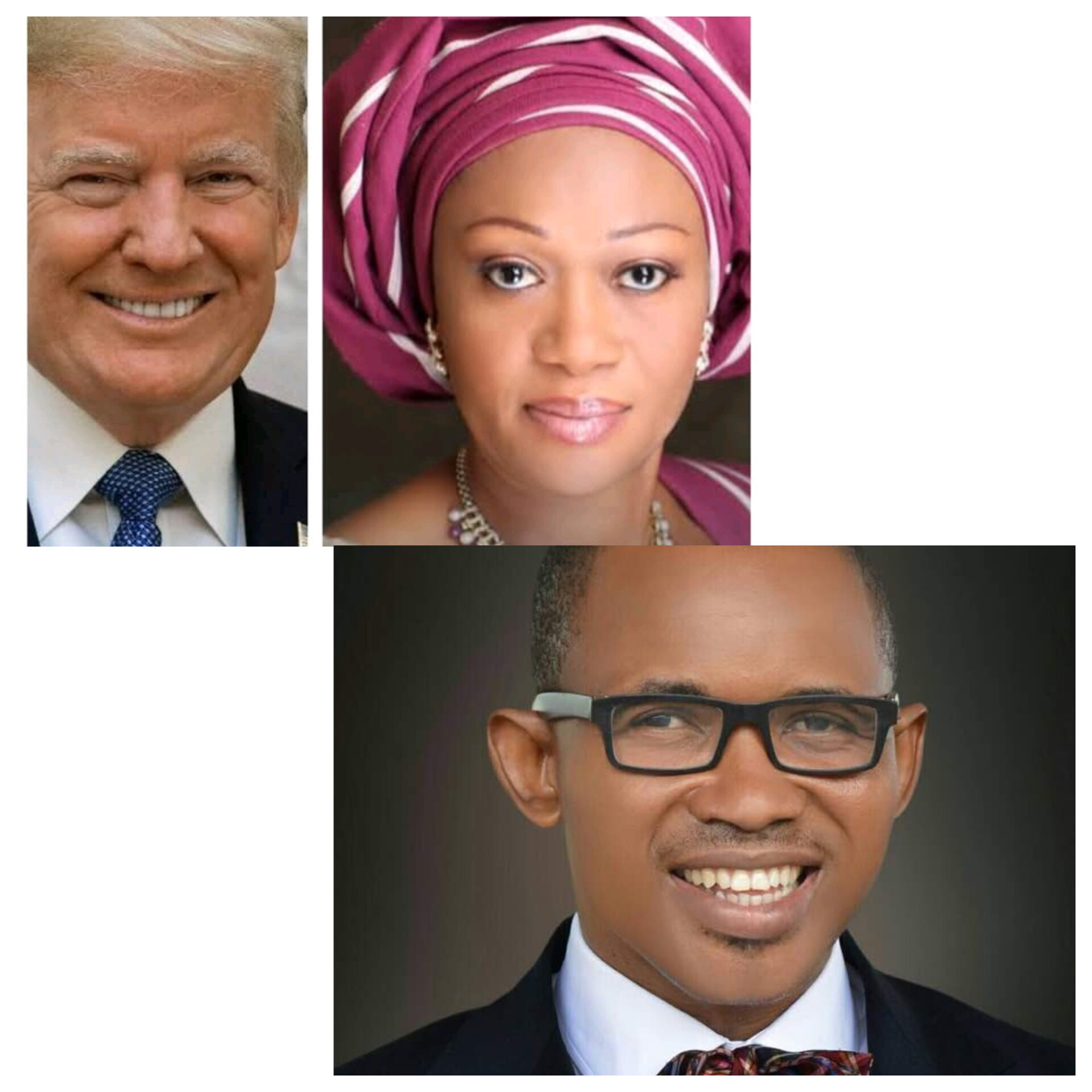The Path Forward for Nigerian Universities: ASUU and Time For New Approach. By M K Ilyasu

The Path Forward for Nigerian Universities: ASUU and Time For New Approach. By M K Ilyasu

I have read, though often resisted to comment on Prof Othman’s treatise on Nigerian University system, especially ASUU’s disputes with the Federal govt on salary, allowances and other incentives supposed to be addressed by the govt.
His narratives through out last month, published by Ebony Herald International Magazine and Online Ebony Herald @ https//ebonyheraldonlinenews.com.ng was attempted to draw the attention of the public to what might happen in our Universities and the already disrupted academic calendar. I have no doubt that Prof Othman means well, but as an academic, his interest cannot be said to be impartial.
The ASUU – Government dispute has unfortunately plunged our Universities into what you may call an annual ritual of sort, where quite often no academic calendar would end without some sort of threat of strike in one form or another. So, the question is what is wrong with our Universities and how do we offer a new vision of how Nigerian higher education might find its way back to its founding mission.

Let us then ask how a University was thought of, considering that learning has its roots in religion. A Moslem would not forget how Prophet Muhammad was commanded by Allah SWT to read in the surat al-IQRAH. I would say same for other religion too because Scholarship has its roots in religion. It would indeed therefore be apt and required of University administrators as well as other stake holders like ASUU to look into religion in order to find the meaning of their calling in order to situate their demands. It is critical to revisit this tradition which offers a strong blueprint for how to engender thoughtful and rooted communities of learners, where even students see themselves not as consumers of education but as participants.1
Yet, we ask whether our University academic staff are turning these citadels into victimologies, anti democratic and partisan politics by abandoning their role in cultivating virtue and wisdom. We are supposed to look at the university as a place striving for truth and yearning for virtue that occurs outside of politics.2
It should be argued that ASUU intentional crisis should also presents an opportunity, despite—or perhaps because of—the protests and disruptions, students may want to understand the complexities of our Universities academic history. The key requires intellectual courage by engaging seriously in all perspectives while maintaining scholarly seriousness. Can the Professors in all honesty through constructive engagement inform students of what is at stake?

With No Easy Fixes for ASUU: It is Time for New Approach.
For building alternatives to disrupted academic programs, rather than attempting to reform institutions captured by extremist faculty, we should argue for creating new programs committed to genuine scholarship and civil discourse. This will precisely be the antidote to future crisis as is done in other climes.
The perverse micro-economics of our Universities. pulls back the curtain on the economic incentives that drive academic dysfunction. From grade inflation to the tenure system to administrative bloat, our understanding reveals how perverse incentives have created institutions more concerned with money than learning, more devoted to credentialism than education.4
What is common is the recognition that Nigeria’s higher education has lost sight of its deeper purpose. It has forgotten that education is not merely training or socialization or facility with indexing and searching for information. Education is about the formation of human beings capable of wisdom and virtue. The path forward for Nigeria’s higher education lies not in abandoning the classical tradition but in recovering it—not as a matter of cash and carry, but as a living encounter with the questions that matter most: INTEGRITY, TRUTH, WISDOM AND VIRTUE.
Why not?
The chain of civilizational transmission, from religion to secularism is what education is supposed to look like, and at one time was more common in Nigeria’s greatest institutions, before they lost their way in the thickets of expediency and credentialism.
Or is it the vision of what education can be when it grapples seriously with the deepest questions of the human condition as expounded by ASSU’s demands?
Mallam Mohammed Kabir Ilyasu a public affairs commentator, author and a retired foreign affairs officer write from Kaduna Nigeria.
1st September 2025




